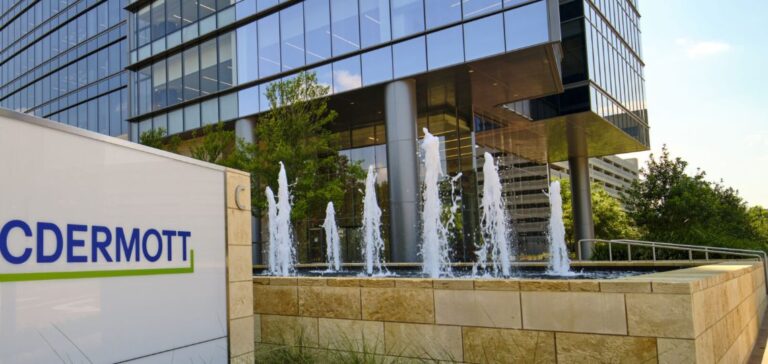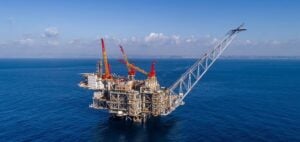Engineering and construction firm McDermott has completed the Kikeh subsea gas lift project ahead of schedule. Located in deep waters approximately 120 kilometers northwest of Labuan Island, East Malaysia, the contract was awarded by PTTEP Sabah Oil Limited (PTTEP) in the first quarter of 2024.
A key project for gas supply
The project is part of the maintenance and optimization of subsea infrastructure at the Kikeh field, a key gas production site in Malaysia. The work included replacing an existing gas lift riser, installing a new dynamic riser, a flowline, and two sections of thermoplastic composite pipe.
Carried out by McDermott’s team based in Kuala Lumpur, the project was executed at a depth of approximately 1,400 meters. Advanced engineering methods and rigorous planning ensured adherence to an accelerated schedule while maintaining offshore operational safety.
Rapid and controlled execution
The offshore work was completed in under eight months thanks to efficient vessel mobilization and optimal coordination of the various project phases. McDermott implemented strict safety protocols and robust procurement strategies to ensure timely execution.
According to Mahesh Swaminathan, Senior Vice President of McDermott’s Subsea and Floating Facilities division, this achievement demonstrates the company’s ability to deliver effective solutions for deepwater development projects.
A strategic presence in Malaysia
The completion of the Kikeh project reinforces McDermott’s strategic presence in Malaysia, where its Kuala Lumpur office plays a key role in subsea infrastructure engineering. With more than 1,000 employees, this center of excellence supports offshore project execution in Malaysia and other international markets.
The upgrades at the Kikeh field are aimed at ensuring the continuity of gas production and its delivery to the subsea production system connected to the Kikeh floating production storage and offloading (FPSO) vessel.





















